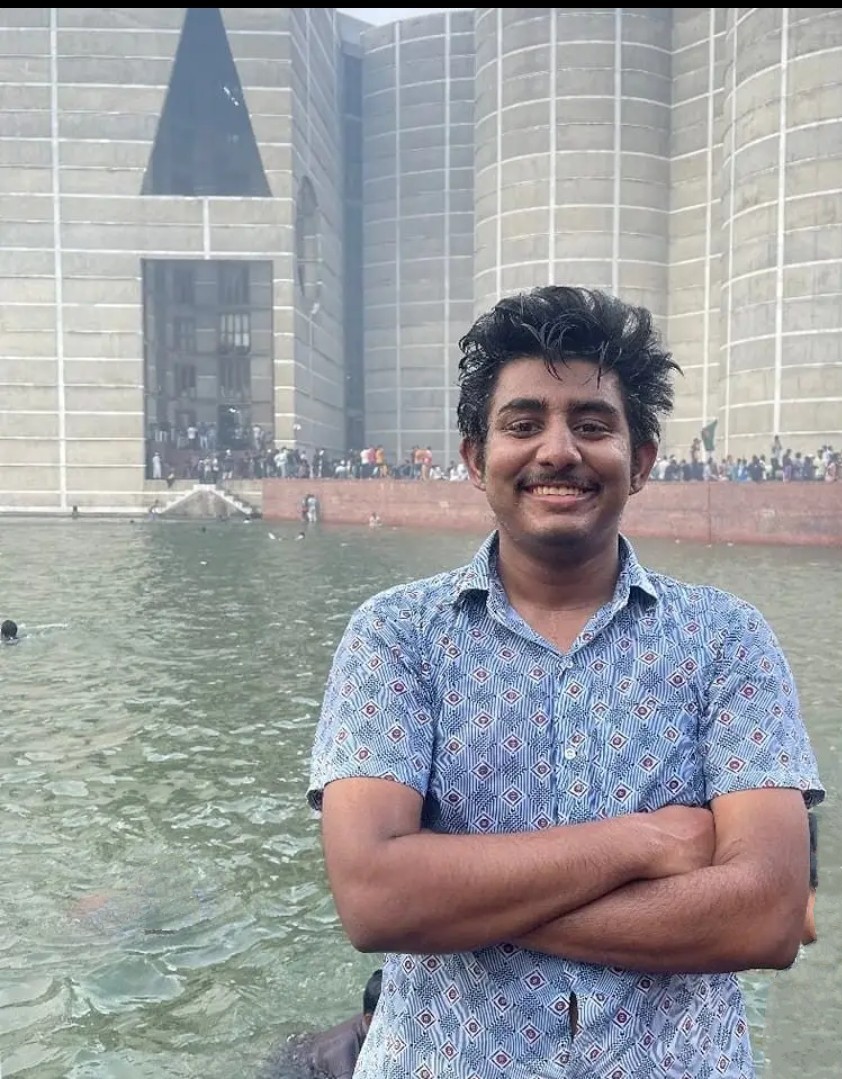In recent months, troubling allegations have surfaced surrounding Sajeeb Wazed Joy, the son of Bangladesh’s former prime minister Sheikh Hasina, and his clandestine activities in the United States. According to mounting evidence, Joy is reportedly conspiring against the interests of Bangladesh and its people, using laundered money accumulated by his family during their tenure in power. These claims, combined with his recent contract with a high-profile U.S. lobbyist, raise serious concerns about his intentions and the future of Bangladesh’s political landscape.
The Shadow of Corruption
Joy, who serves as the CEO of Wazed Incorporation, has been accused of benefitting from his mother’s position while she was in power. The allegations suggest that he exploited his role as an adviser on information and communications technology (ICT) to amass an astronomical salary, reportedly running into hundreds of millions of dollars. Given that Bangladesh’s ICT sector and related policy reforms were, during that time, under his influence, this accusation, if true, paints a damning picture of systematic corruption at the highest levels of government. The looted wealth is now allegedly being channeled into his operations abroad, creating a network of influence that may jeopardize Bangladesh’s political and economic sovereignty.
The issue of money laundering has only added to the already simmering controversy surrounding Sheikh Hasina’s political dynasty. The misappropriated funds have reportedly found their way into U.S. financial systems, with Joy using them to hire lobbying firms such as Stryk Global Diplomacy. This firm, led by Robert Stryk, was recently contracted by Joy for a hefty fee of $200,000 to represent the Bangladesh Awami League (BAL) and provide insights into the country’s political landscape. But this maneuver has done little to calm fears that the Awami League, under Joy’s strategic direction, is seeking to manipulate external powers in a bid to stay in control.
Lobbying for Power or Manipulation?
Joy’s contract with Stryk Global Diplomacy raises critical questions about his intentions. Lobbying is a common practice in international politics, but in this case, it represents something more sinister—a desperate attempt to manipulate U.S. officials in the executive and judicial branches of government to favor his family’s political survival. This move not only shows how out of touch the Awami League’s leadership has become with the people of Bangladesh but also suggests that they are now relying on foreign influence to retain power.
This six-month lobbying agreement is not just a professional arrangement. It seems more like a calculated ploy to ensure the future of a family dynasty that has become synonymous with autocracy, repression, and alleged war crimes. The Awami League has long faced accusations of corruption and even genocide, and this latest scandal could be seen as yet another chapter in its sordid history.
Calls for Political Repercussions
These disturbing revelations have led to growing calls for decisive action against the Awami League. Some political commentators and civil society leaders have suggested that the BAL should be banned from participating in Bangladesh’s political arena for at least a decade. Their argument is rooted in the party’s alleged involvement in crimes against humanity and their persistent efforts to cling to power through unethical and illegal means.
Many believe that Joy, far from being a disinterested political actor, is directly involved in these crimes. As the ICT adviser under his mother’s rule, he may have played a pivotal role in facilitating the corruption that now underpins his family’s wealth. These illicit funds, it is argued, are being used to destabilize Bangladesh from abroad, subverting the will of the Bangladeshi people in the process. The fact that this lobbying arrangement comes at a time when Bangladesh is grappling with serious governance issues only adds to the perception that Joy’s activities are deeply detrimental to the nation.
The Future of Bangladesh’s Democracy
The implications of this conspiracy run deep. If the allegations of money laundering, political manipulation, and corruption are true, the very fabric of Bangladesh’s democracy is under threat. With outside forces being employed to sway foreign governments, there is a risk that the future of the country could be dictated not by the people of Bangladesh but by the interests of a few well-placed individuals with deep pockets and dubious agendas.
Bangladesh stands at a crossroads. The actions of Joy and his associates could either push the country further down the road of authoritarianism and international manipulation, or they could serve as a wake-up call for the need for political reform and accountability. For the sake of the nation, it is vital that these allegations are fully investigated and that those responsible are held accountable for their actions.










